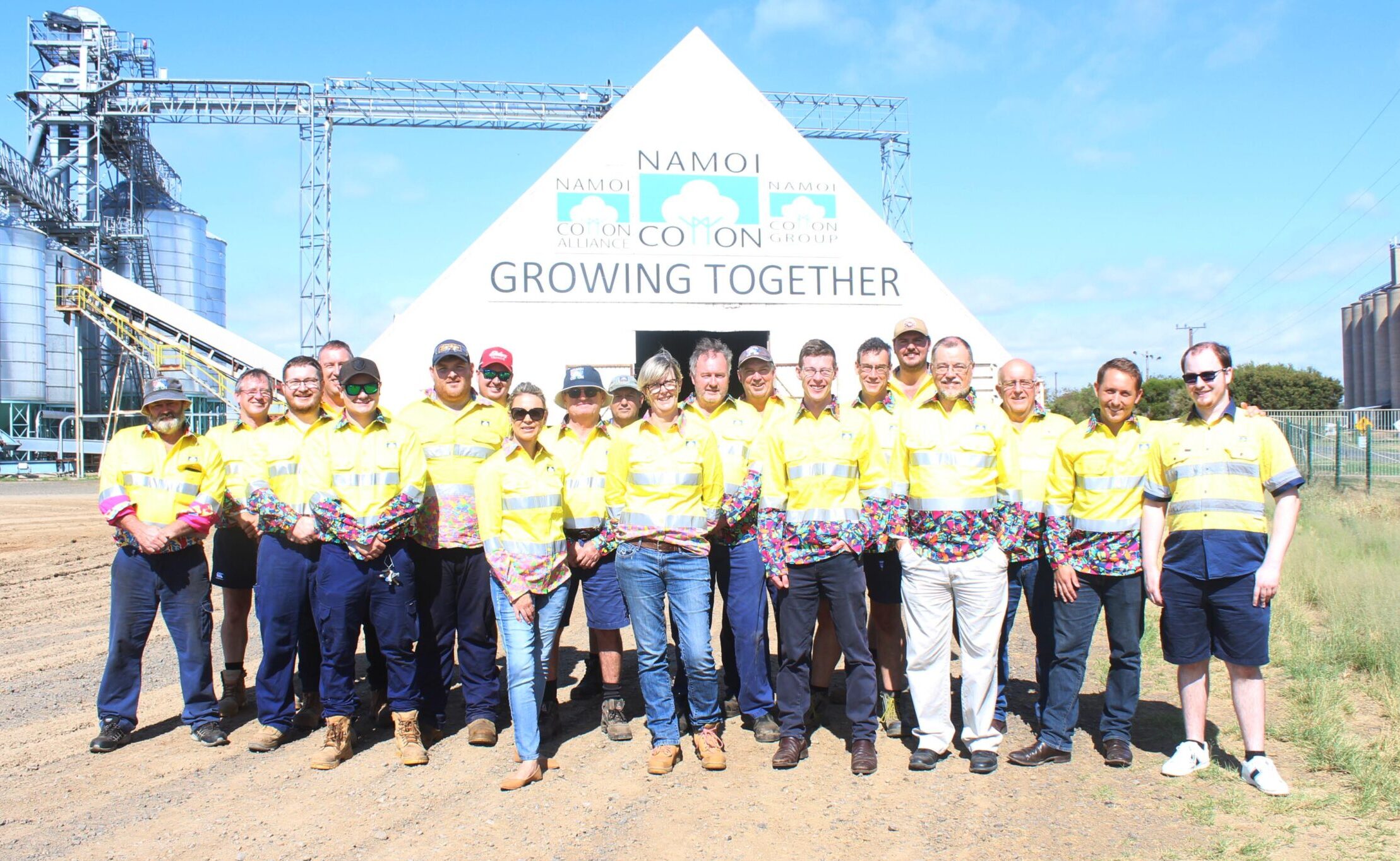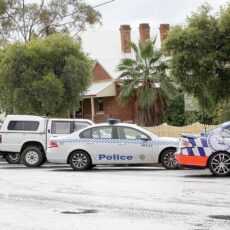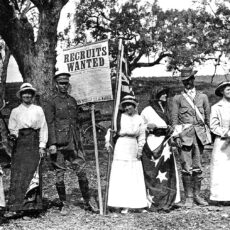Namoi Cotton has recently teamed up with Australian workwear brand Trademutt to help raise awareness and create important conversations around mental health.
TradeMutt was created by two Australian tradies who had an idea to use funky work shirts to start conversations about mental health among the blue collar community of Australia.
Namoi Cotton’s Namoi Valley accounts manager Jacob Booby decided to get involved in the colourful campaign in 2020.
He floated the idea of the team wearing Trademutt shirts midway through the year and his workplace helped make it become a reality.
Now, more than 20 workers at Namoi Cotton proudly wear their special work shirts, determined to create the all important conversations around mental health.
“The Trademutt shirts are designed to create awareness and a conversation starter around mental health, and end the stigma attached to it,” Mr Booby said.
“They add a bit of colour to our work shirts for a great cause.
“As a company, Namoi Cotton was pretty excited to get on board.
“These shirts have become a part of the uniform now, whenever anyone wants to wear them, they can,” Mr Booby said.
Mr Booby’s time in Kununurra, a town in far northern Western Australia, inspired the idea.
“The family I worked for there lost one of their sons,” Mr Booby said.
“Up there, mental health is a really big issue, mainly driven by the weather, it’s so hot up there.”
Trademutt was founded by Edward Ross and Daniel Allen.
Daniel lost one of his best mates in 2016, which was the first time he had been personally affected by suicide.
“Trademutt came about in the confusing but reflective period following what happened in 2016,” Dan says on the company’s website.
“We are an Australian workwear brand that aims to make tradies and workers of all kinds look and feel great at work, and in doing so, reduce the rate of male suicide in Australia.
“Our loud and vibrant shirts act as a catalyst to starting the conversation around mental health, a topic that has been hard to approach in the past for blokes, mostly due to the attached stigmas and perceived weakness.”
To order photos from this page click here




